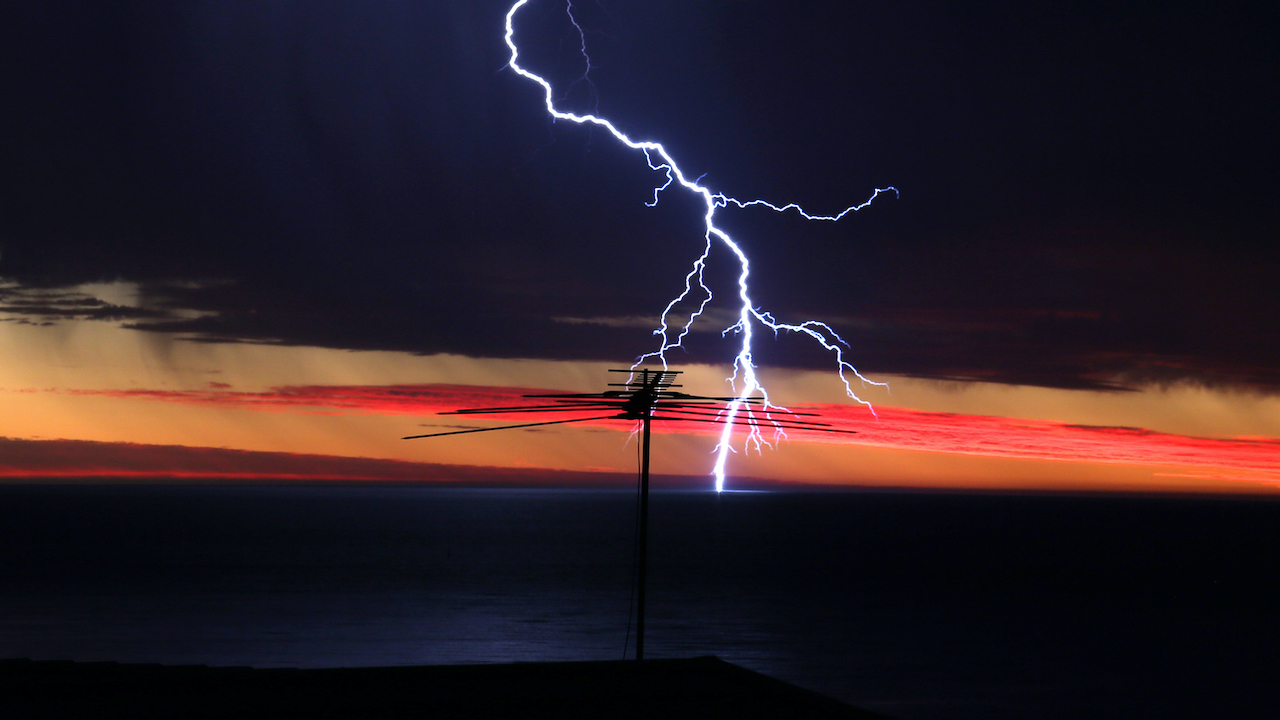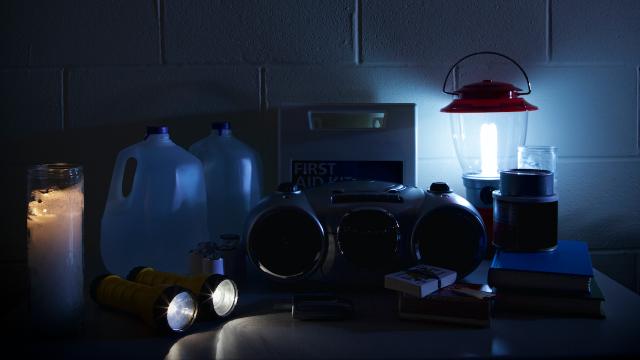You never know when a power outage might happen. And although they’re not super common in Australia, that doesn’t mean you shouldn’t be prepared in case one happens (because as we know, they certainly can happen).
In the event that you’re stranded without power, it’s handy to have a prep list ready. To help you stay on top of a power outage, here are a few recommendations and guidelines you should follow.
Create an emergency aid kit
Before the power goes out, it’s important to assemble the essentials and keep them stored somewhere that’s easily accessible. This includes basic necessities like batteries and a portable battery pack, so you can easily charge your mobile phone. Candles are also helpful, though, for obvious reasons, you should be careful with them.
Here are several other items you should include:
- 600 millilitres – 1 litre of drinking water per person per day
- Non-perishables, ready-to-eat canned foods, and a manual can opener
- First-aid kit
- Medications, including a list of the medications you take, why you take them, and their dosages
- Flashlight or battery-powered lantern, battery-operated AM/FM radio and extra batteries, or wind-up radios that do not require batteries
- Glow sticks
- Whistle or bell
- Back-up medical equipment, if possible (e.g., oxygen, medication, scooter battery, hearing aids, mobility aids, glasses, face masks, gloves)
- Style and serial numbers of medical devices (such as pacemakers) and usage instructions
In the event you have electricity-powered medical devices or medication that requires refrigeration, you should talk to your doctor about your backup resources. You should also write down any important numbers in case your phone dies. You might be able to borrow a phone later so you can communicate with your loved ones (and without struggling to remember their contact information). If the power outage is short, it’s unlikely you’ll need all of these supplies, but it doesn’t hurt to have them in the event of any emergency.
Don’t open your fridge or freezer unless it’s necessary
If you’ve lost power to your fridge, it’s helpful to have an expensive styrofoam cooler available, which you can keep filling with ice to keep food from spoiling — but that’ll only do so much if you’re experiencing a prolonged power outage.
Otherwise, refrain from opening and closing your fridge or freezer, if you can. You should also stow away a thermometer to check their temperature. A fridge can generally stay cool for about four hours and a freezer should maintain temperature for 48 hours. Generally, if your fridge reaches 4 degrees Celsius or more, you might want to consider throwing away any food that may be spoiled.

Use a generator safely
If you’re using a generator, it’s important to practice some general safety precautions. For one, you should have working carbon monoxide alarms throughout your home and in sleeping areas to be aware of any CO2 buildup.
Here are other tips, according to the American Red Cross:
- Never use a generator, grill, camp stove or other gasoline, propane, natural gas or charcoal-burning devices inside a home, garage, basement, crawlspace or any partially enclosed area.
- Keep these devices outdoors, away from doors, windows, and vents that could allow carbon monoxide to come indoors.
- Opening doors and windows or using fans will not prevent CO buildup in the home. Although CO can’t be seen or smelled, it can rapidly lead to full incapacitation and death. Even if you cannot smell exhaust fumes, you may still be exposed to CO. If you start to feel sick, dizzy, or weak while using a generator, get to fresh air RIGHT AWAY – DO NOT DELAY.
Lastly, you should check on any neighbours during a power outage in case they need assistance or don’t have access to a working phone for updates or communication. If you plan to leave your home, you should devise a “Go Bag” with flashlights, cash, and a portable cell phone charger and avoid power lines while driving.
It’s important to remain in contact with your loved ones so they’re aware of your location at all times. Try sharing your location when you do have access to Wi-Fi or setting up Find My Friends on an iOS device, which does not require a wifi connection for family and friends to locate you.
While it pays to be prepared, it also pays to make sure you’re not overpaying electricity costs with your current provider. The best way to do this is to compare your current costs to other providers in your area. We’ve partnered with a powerful comparison tool called eConnex to help make this process fast and easy. You can even use your most current bill details to get an accurate comparison. Enter your postcode in the box below to get started.
[compare_lite_pedestrian utm_source=”lifehacker”]
This article has been updated since its original publication.

Leave a Reply
You must be logged in to post a comment.